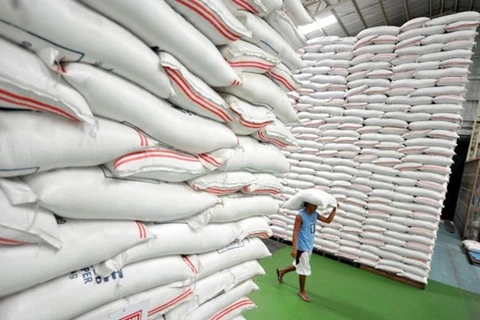Bangkok (VNA) - Each Thai family should aim to have at least two children to help halt the country's falling birthrate, a senior health official said on July 11 – the UN's World Population Day.
As reported by the Bangkok Post, Suwannachai Wattanayingcharoenchai, director-general of the Thai Department of Health, said there had been at least one million births in Thailand each year from 1963 to 1983, but the birthrate fell to 502,107 last year and is likely to be below 500,000 this year.
At the same time, the number of elderly citizens is rising. In 2021 Thailand became an aged society with people 60 years or more constituting 20% of its population. By 2036 the country will be a hyper-aged society, with senior citizens making up 30% of its population, if the trend continues.
Since 2016, the Thai government has tried to encourage people to have more children but these measures have not worked. Recent measures included the opening of more nurseries, improved rights to maternity and paternity leave, work-from-home policies and flexible working hours. The government also postponed compulsory retirement and promoted retirement savings and vocational programmes to help cope with an aged society./.
As reported by the Bangkok Post, Suwannachai Wattanayingcharoenchai, director-general of the Thai Department of Health, said there had been at least one million births in Thailand each year from 1963 to 1983, but the birthrate fell to 502,107 last year and is likely to be below 500,000 this year.
At the same time, the number of elderly citizens is rising. In 2021 Thailand became an aged society with people 60 years or more constituting 20% of its population. By 2036 the country will be a hyper-aged society, with senior citizens making up 30% of its population, if the trend continues.
Since 2016, the Thai government has tried to encourage people to have more children but these measures have not worked. Recent measures included the opening of more nurseries, improved rights to maternity and paternity leave, work-from-home policies and flexible working hours. The government also postponed compulsory retirement and promoted retirement savings and vocational programmes to help cope with an aged society./.
VNA
























